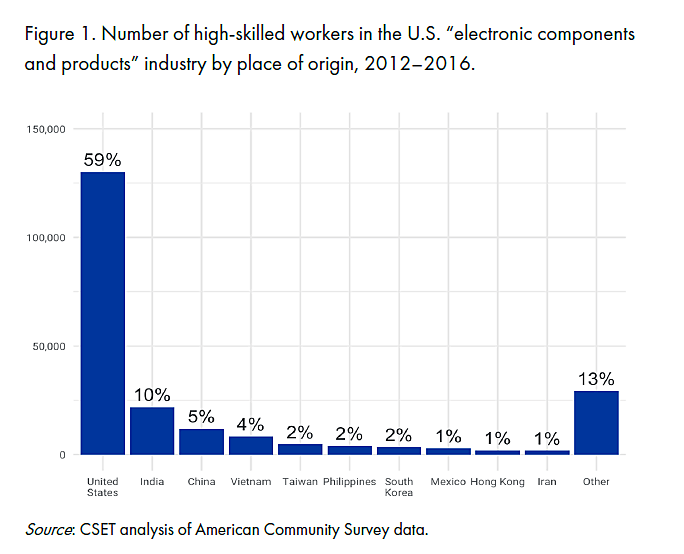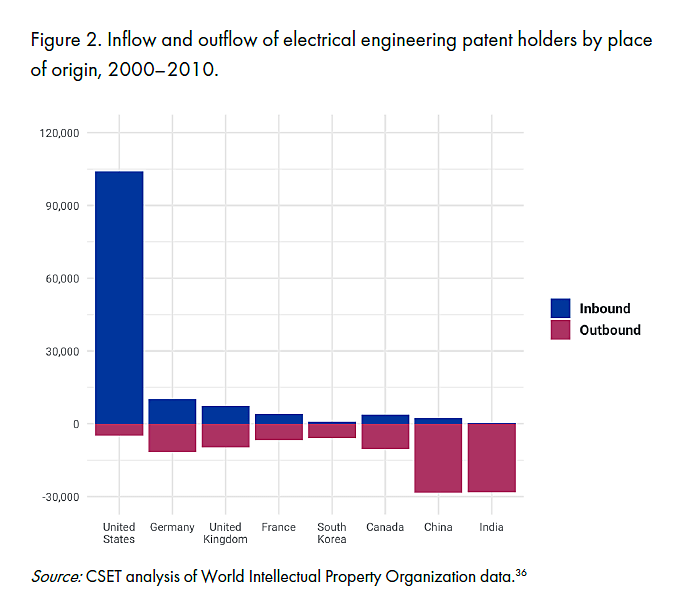On October 28, 2020, it was my pleasure and honor to be a panelist at a symposium sponsored by the Center for the National Interest, “Time to Accept North Korea as a Nuclear Weapons State?” It’s hard to imagine a current topic with greater importance in international affairs. Unfortunately, it is increasingly clear that U.S. diplomacy regarding the nuclear issue has been stuck on autopilot for the past three decades, despite a marked lack of constructive results. Unless that approach changes dramatically, prospects for success going forward are no better.
U.S. policy has been a model of consistency throughout five administrations, Republican and Democrat, liberal and conservative. Washington’s demand is that North Korea accept a complete, verifiable, and irreversible end to its nuclear weapons program. The concessions that U.S. leaders have offered in exchange for Pyongyang’s capitulation amount to a grudging, partial, and very gradual easing of the draconian economic sanctions that both the United States and (primarily because of U.S. pressure) the United Nations have imposed on North Korea over the decades.
As I’ve explained elsewhere, it is exceedingly improbable that any North Korean government will ever accept such an agreement. Pyongyang has two especially powerful incentives to retain its small nuclear arsenal, expand its size, and develop more sophisticated delivery systems—including ICBM’s capable of reaching the American homeland. Having a nuclear-weapons capability automatically puts even a small, poor country in a new, more influential category in world affairs. North Korean leaders know this, and they desire to exploit the opportunity for greater prestige and power.
Those leaders have an even more compelling reason not to give up their country’s nukes; they have witnessed how the United States treats nonnuclear adversaries, and it is not a pretty sight. Washington has forcibly ousted numerous regimes deemed obstacles to U.S. geostrategic or geopolitical objectives. From the CIA coups against the governments of Iran and Guatemala in the 1950s to the regime-change wars launched against Saddam Hussein, Muammar Qaddafi, and Bashar al-Assad in the twenty-first century, U.S. conduct has remained consistently aggressive.
The U.S.-led war against Qaddafi especially made an indelible impression on North Korean thinking. The Libyan strongman had concluded an agreement with the United States and its Western allies to relinquish his country’s embryonic nuclear program in exchange for being readmitted to international diplomatic and economic bodies that the West dominated. Less than a decade later, those powers double-crossed Qaddafi, assisting insurgents to overthrow his regime. Qaddafi himself ended up tortured and killed.
If North Korean leaders previously harbored any willingness to give up their new nuclear deterrent for paper promises, the Libya episode eradicated such thinking. They view nuclear weapons as their only reliable means of preventing the United States from pursuing a forcible regime-change campaign with their government in the cross-hairs.
The odds are against a scenario in which they abandon that assumption. However, if U.S. policymakers have any hope that they will do so, Washington must drastically totally refashion its negotiating strategy. Instead of continuing to insist that Pyongyang implement denuclearization as precondition for (very gradual) normalization of relations, U.S. policymakers need to view normalization as a process that might eventually lead to denuclearization. In other words, U.S. leaders have gotten the sequence of necessary diplomatic steps backwards.
President Trump’s outreach to Kim Jong-un was an important change, but the benefits were vitiated by continuing to demand that Pyongyang agree to denuclearization as a precondition for additional progress. Instead, Washington should proposed a series of interim agreements to build interaction and at least a modicum of trust. Such measures would include a treaty formally ending the state of war on the Korean Peninsula, diplomatic recognition of North Korea, with the establishment of embassies in Washington and Pyongyang and consulates in at least two other U.S. and North Korean cities; and at least a partial lifting of economic sanctions.
It is uncertain whether or not those moves would create sufficient trust between North Korea and the United States so that Pyongyang would then agree to (gradually) decommission its nuclear arsenal and abandon its quest for ICBMs. It is entirely possible that the United States and the rest of the world may have to learn to live with North Korea as the latest member of the global nuclear weapons club, as it had to do previously with Pakistan. Nevertheless, the pursuit of a rapprochement with denuclearization as the end product rather than a precondition is at least worth a try.
Moreover, even if Pyongyang ultimately will not budge on the nuclear issue, East Asia and the rest of the world will be a safer place if a decent, normal relationship between the United States and North Korea can be established. One thing is readily apparent: the current U.S. approach based on trying to isolate North Korea and penalize it with ever-tightening sanctions has not worked, is not working, and will not work. The situation cries out for an entirely new policy.



